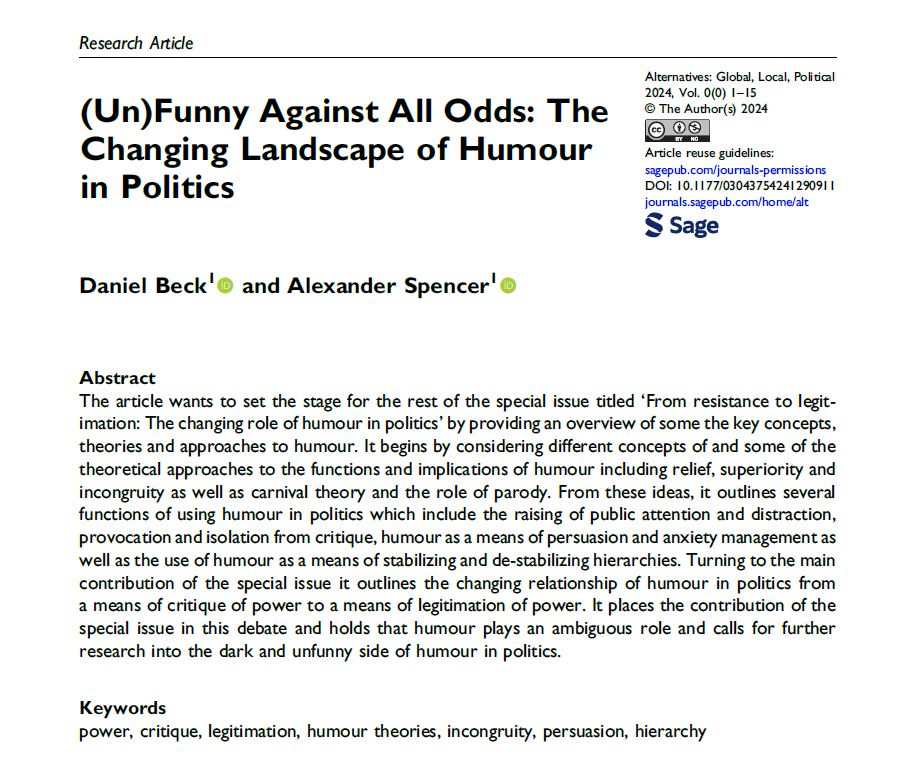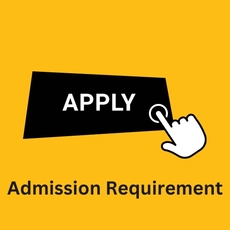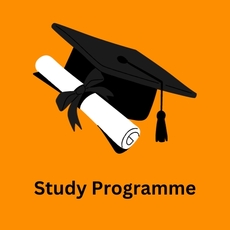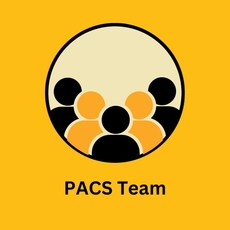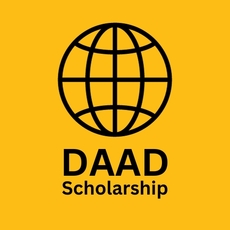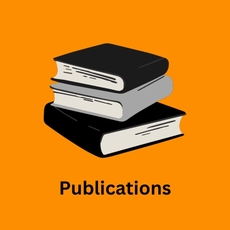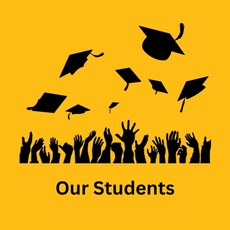News
Join us in congratulating our graduate student Tamina Rössger for the prize of gender research of Saxony-Anhalt for her Master thesis.
Congratulations to our graduate student Tamina Rössger for the prize of gender research of Saxony-Anhalt for her Master thesis.
Thesis title was: Locating Women’ on the Move’s Vulnerability – An Examination of a contested Category in the Public Communication of ROSA e.V. Rolling Safespace
Tamina looked at an NGO that is active in Greece and creates mobile safe spaces for women* who are arriving in Greece as forced migrants. She looked at the term vulnerability and analysed how it is used by this organisation in relation to said women.
It was a critical project in relation to the connection between vulnerability and agency and how vulnerability is used by the organisation and what that says about their perspective on the women they are working with and how it might translate into their practice.
The prize was handed out at the annual day of gender research in Saxony-Anhalt:
https://www.kgc-sachsen-anhalt.de/LandesweiterTagGenderforschung2024-path-1034,1036,498.html
Here you can find the call:
https://www.kgc-sachsen-anhalt.de/Genderforschung/F%C3%B6rderpreis+f%C3%BCr+Genderforschung.html
The prize is annually awarded by the Ministry of Labour, Social Affairs, Health and Equality and the Saxony Anhalt Coordination Office for Gender Research and Equal Opportunities. And the Minister for Equality Petra Grimm-Benne handed it out.
Here you can find the press release by the ministry:
https://ms.sachsen-anhalt.de/aktuelles/news-detail/genderforschungspreis-fuer-beste-abschlussarbeiten-vergeben
Photos Copyright @KGC Sachsen-Anhalt
New Article: "(Un)Funny Against All Odds: The Changing Landscape of Humour in Politics"
Prof. Dr. Alexander Spencer and Daniel Beck has just published their latest research article in Sage Journal: Alternatives: Global, Local, Political.
In this paper they provid an overview of some of the key concepts, theories and approaches to humour
Abstract of the Paper
The article wants to set the stage for the rest of the special issue titled ‘From resistance to legitimation: The changing role of humour in politics’ by providing an overview of some the key concepts, theories and approaches to humour. It begins by considering different concepts of and some of the theoretical approaches to the functions and implications of humour including relief, superiority and incongruity as well as carnival theory and the role of parody. From these ideas, it outlines several functions of using humour in politics which include the raising of public attention and distraction, provocation and isolation from critique, humour as a means of persuasion and anxiety management as well as the use of humour as a means of stabilizing and de-stabilizing hierarchies. Turning to the main contribution of the special issue it outlines the changing relationship of humour in politics from a means of critique of power to a means of legitimation of power. It places the contribution of the special issue in this debate and holds that humour plays an ambiguous role and calls for further research into the dark and unfunny side of humour in politics.
Get access to the paper from here
Commented Lecture Directory - Winter Term 2024/2025
In the link you will find the commented lecture directory for the Winter term 2024 / 2025
You can simply click on the name of the class and it will automatically lead you to the respective page in LSF. Nevertheless, please check LSF yourself as information might be updated. This document is just a guideline to give a a bit of an overview.
If you find any discrepancies or have any questions please send an email to
Welcome Days
Welcome to PACS at OVGU!
We're excited to have you join our vibrant and diverse community. To help you settle in and get the most out of your experience, we've prepared an introduction program that will guide you through everything you need to know—from campus life and academic resources to student activities and support services. It's a great opportunity to meet fellow students, get familiar with your surroundings, and feel confident about your new start.
You can find more information in the attached posters and booklet
